Author: Shivashish Banerjee
-
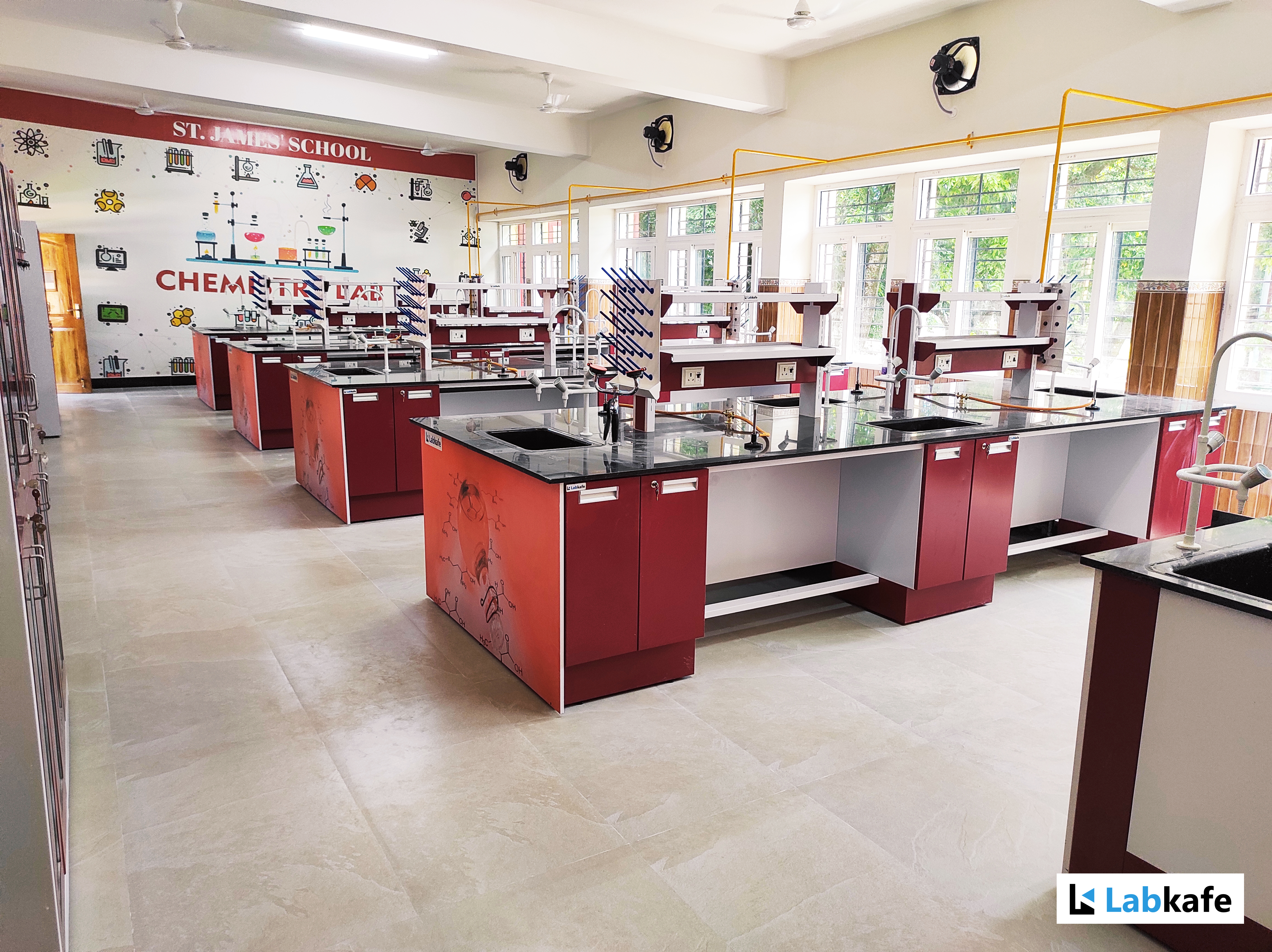
Expert Roadmap to Chemistry Lab Design
Chemistry lab design is a complex topic. To ensure that your lab meets regulatory standards, you must follow specific guidelines. Download chemistry lab requirements by CBSE: Download pdf To understand the must-know tips for designing a chemistry lab for high school, research, or college, follow these guidelines. Detailed Design Plan for Chemistry Labs Supply Lines…
-

Which Chemistry Lab Gloves Should You Wear?
From students handling fuming acids to researchers working with toxic chemicals, everyone in the lab faces different levels of chemical exposure. Depending on what they’re working with, they need different types of hand protection. This is where chemistry lab gloves play a key role. If you’re wondering which gloves to use, why they’re important, or…
-
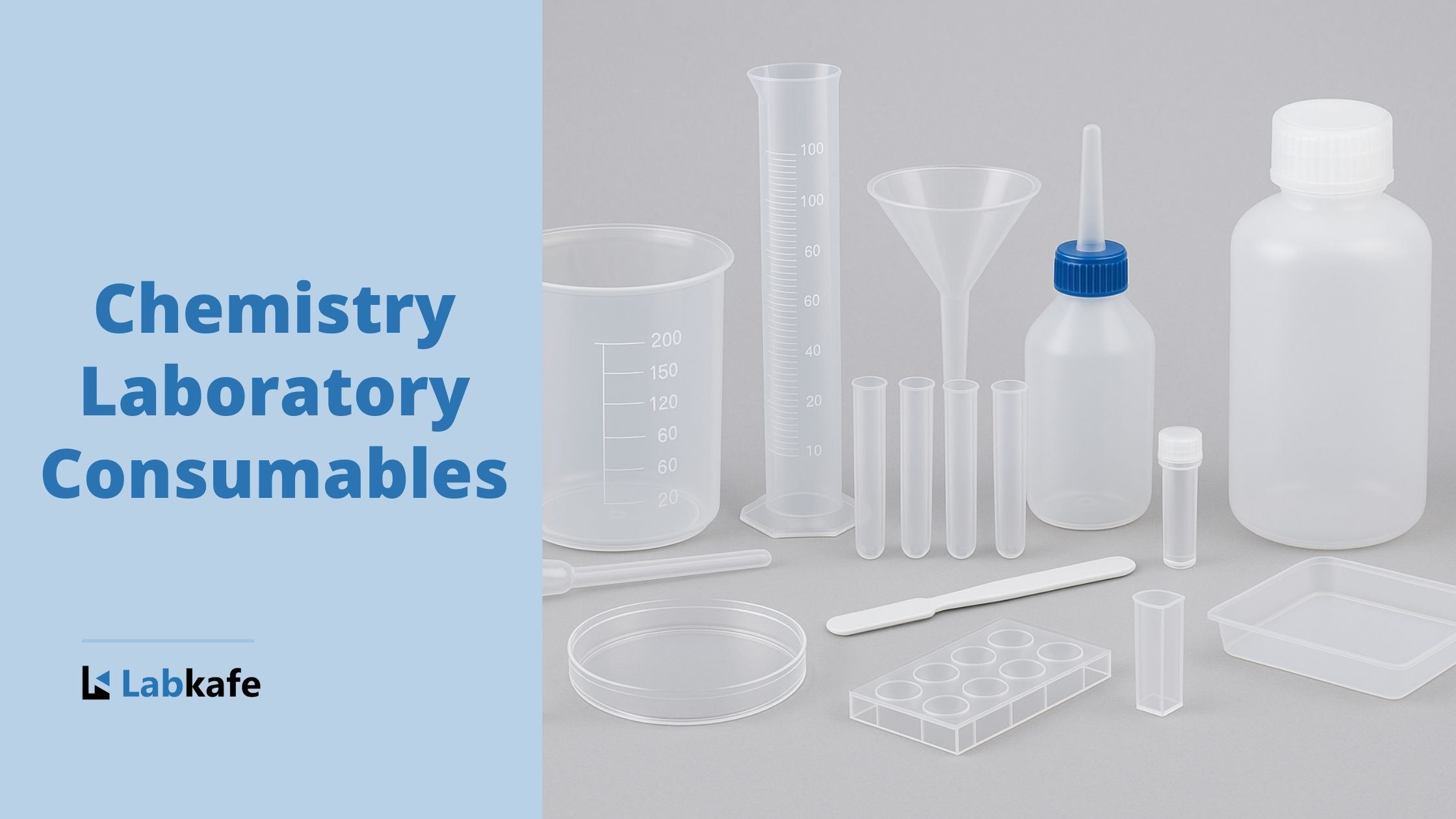
Essential Chemistry Laboratory Consumables List
Keeping your chemistry lab stocked with all the necessary chemistry laboratory consumables can be a hectic task. No wonder the frustration when you need filter paper or phenolphthalein, only to find that your stock is exhausted. Don’t worry, this list has you covered. We have included every possible consumable you might need to run your…
-
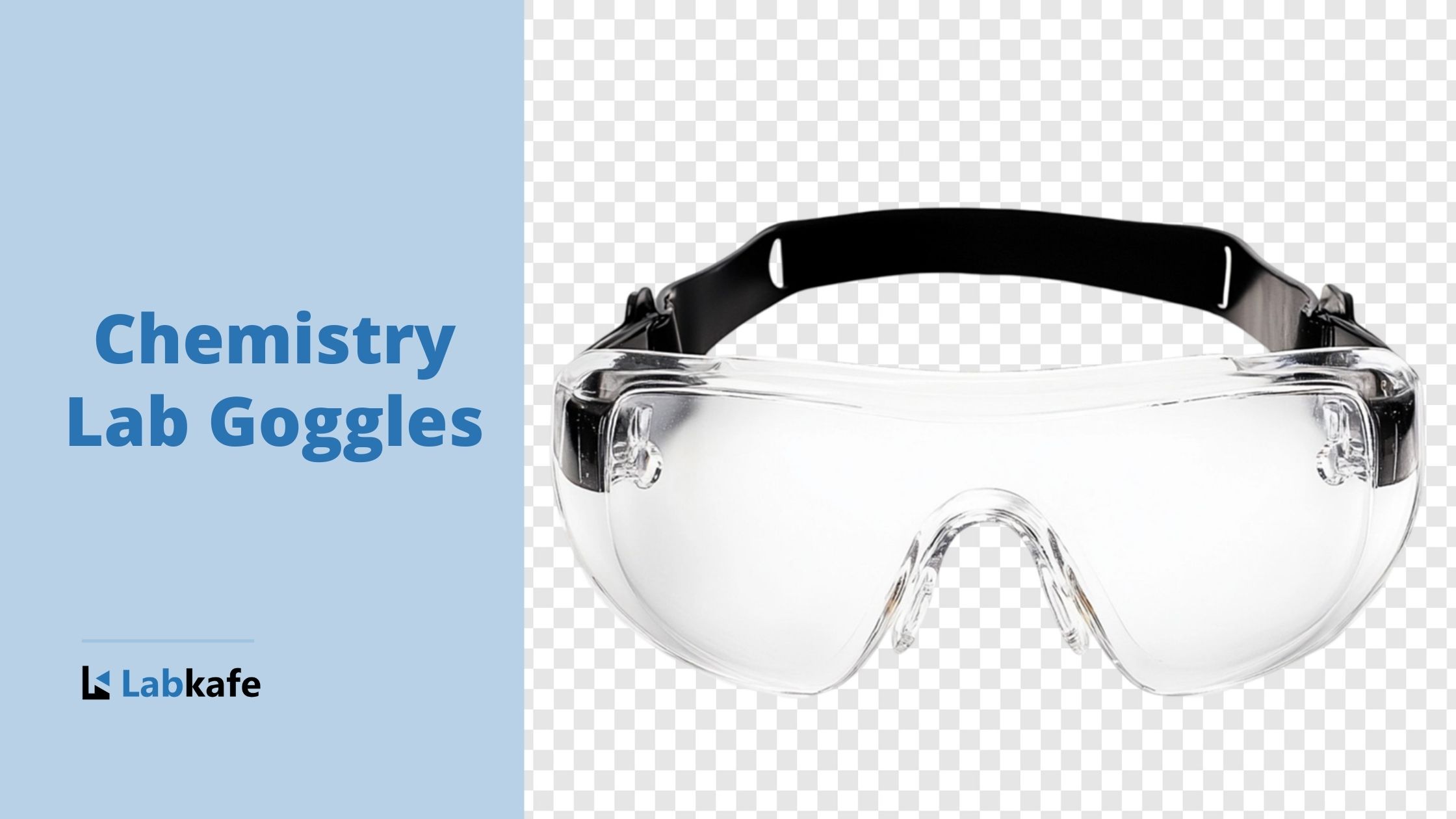
Do You Really Need Chemistry Lab Goggles?
Chemistry lab goggles are essential for protecting your eyes during experiments. They form a tight seal around your eyes and prevent harmful chemicals, splashes, vapors, fumes, or mists from entering. But do you always need to wear them? The short answer is it depends. Some experiments involve low-risk materials where regular safety glasses are enough.…
-
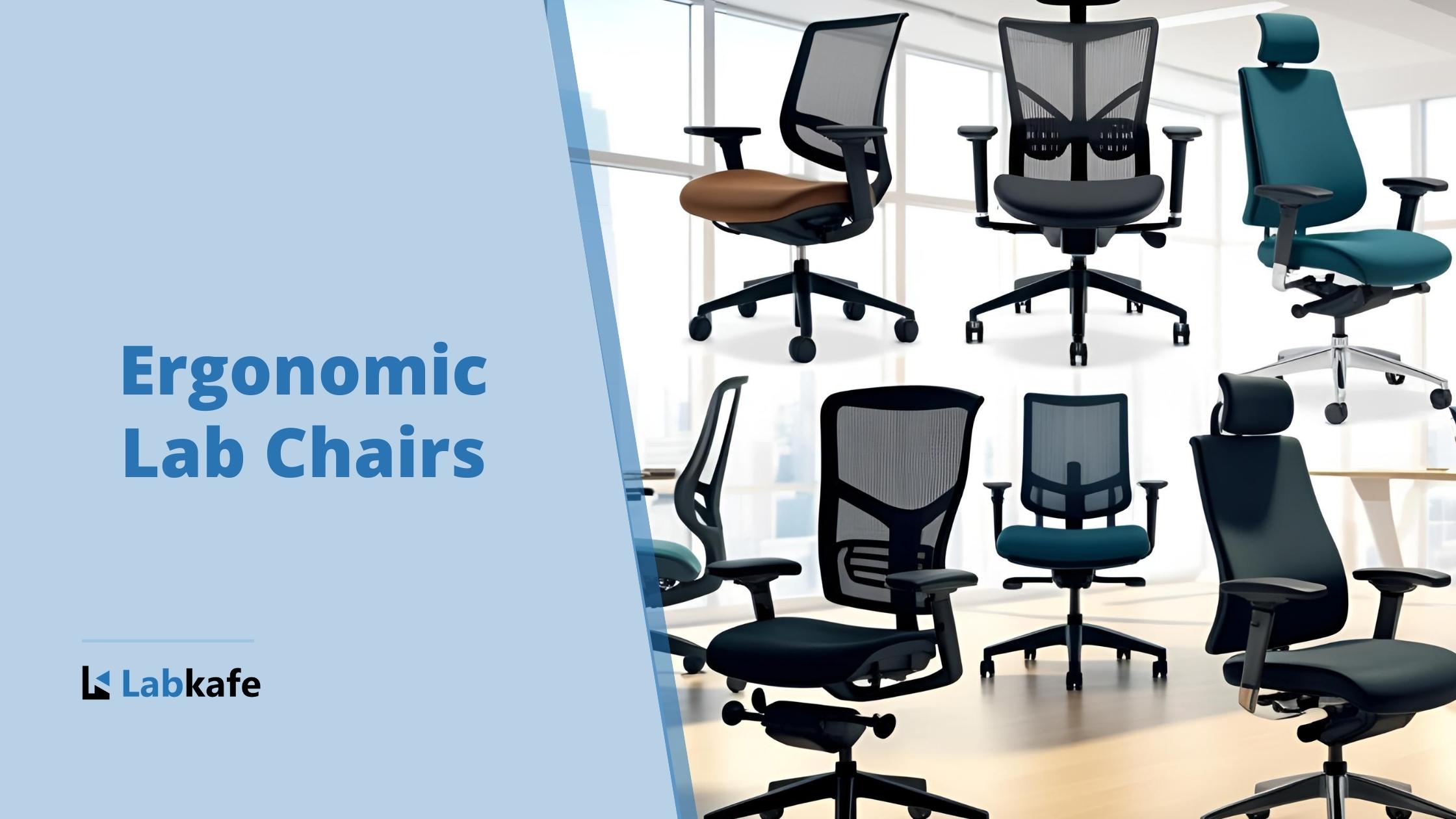
Do Ergonomic Lab Chairs Enhance Comfort and Efficiency?
If you work in a lab, you’ve probably felt the nagging strain in your back after sitting at the workbench for hours. While taking occasional breaks helps, lab work often keeps you in one position until the procedure is complete. Prolonged sitting and awkward postures during experiments can lead to long-term back pain, musculoskeletal issues, and…
-
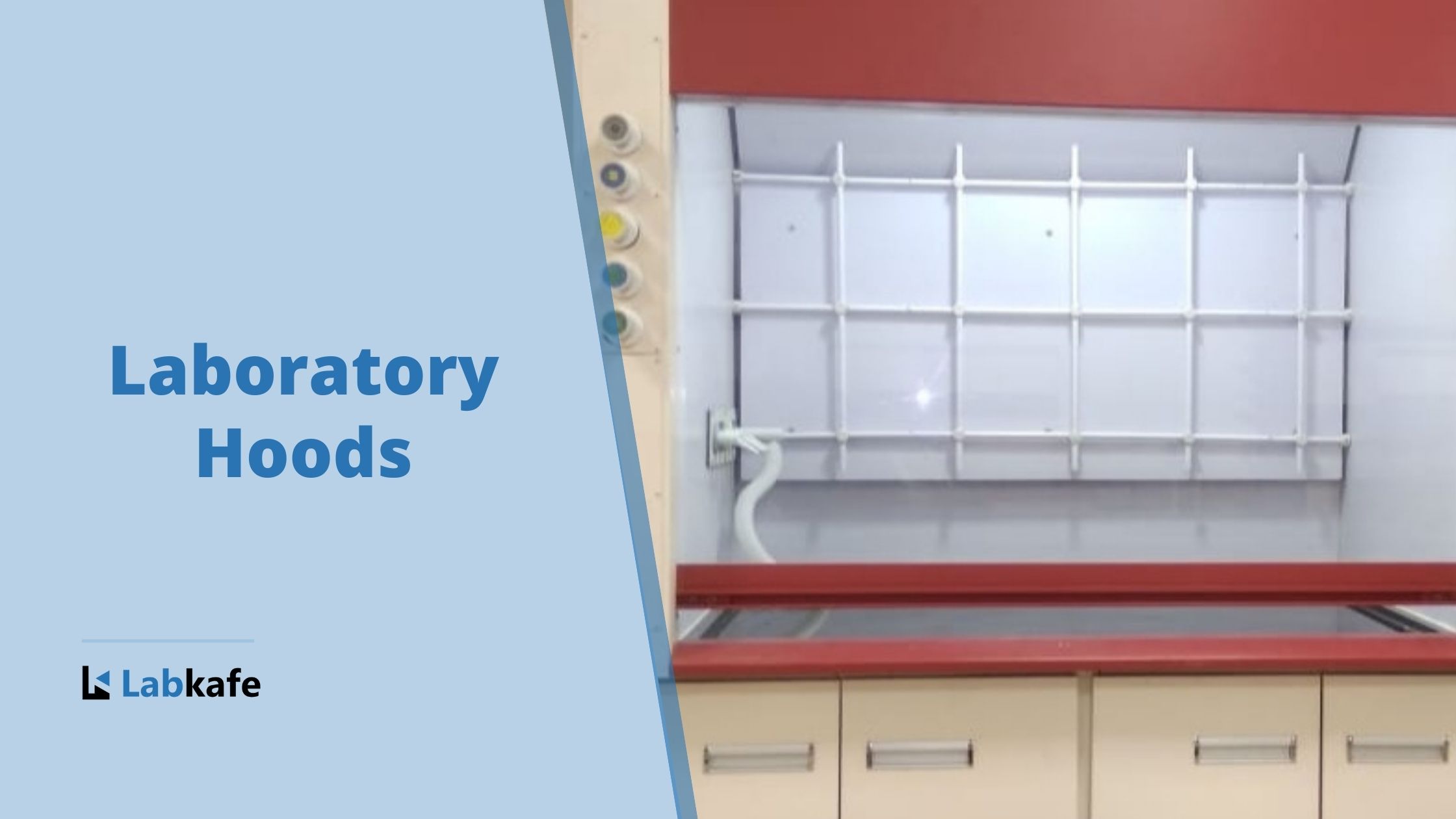
10 Dangerous Experiments That Demand a Laboratory Hood
Have you ever felt the strange smell of ammonia vapors or the stinging sensation of HCl fumes? Bad news—not only is the smell disgusting, but the vapors can also harm the lining of your nose and damage your lungs and respiratory system. Seeing this problem, chemists developed the laboratory hood, or fume hood, in the…
-

Essential Biology Lab Furniture Guide
Are you setting up or renovating your biology lab furniture? Whether it’s for a school, college, research facility, or industry, your lab will require customized furniture solutions. Unsure about what furniture you need? This guide will clarify your biology lab furniture requirements. Read along. Why do Biology Labs need Specific Furniture? Biology labs, regardless of…
-
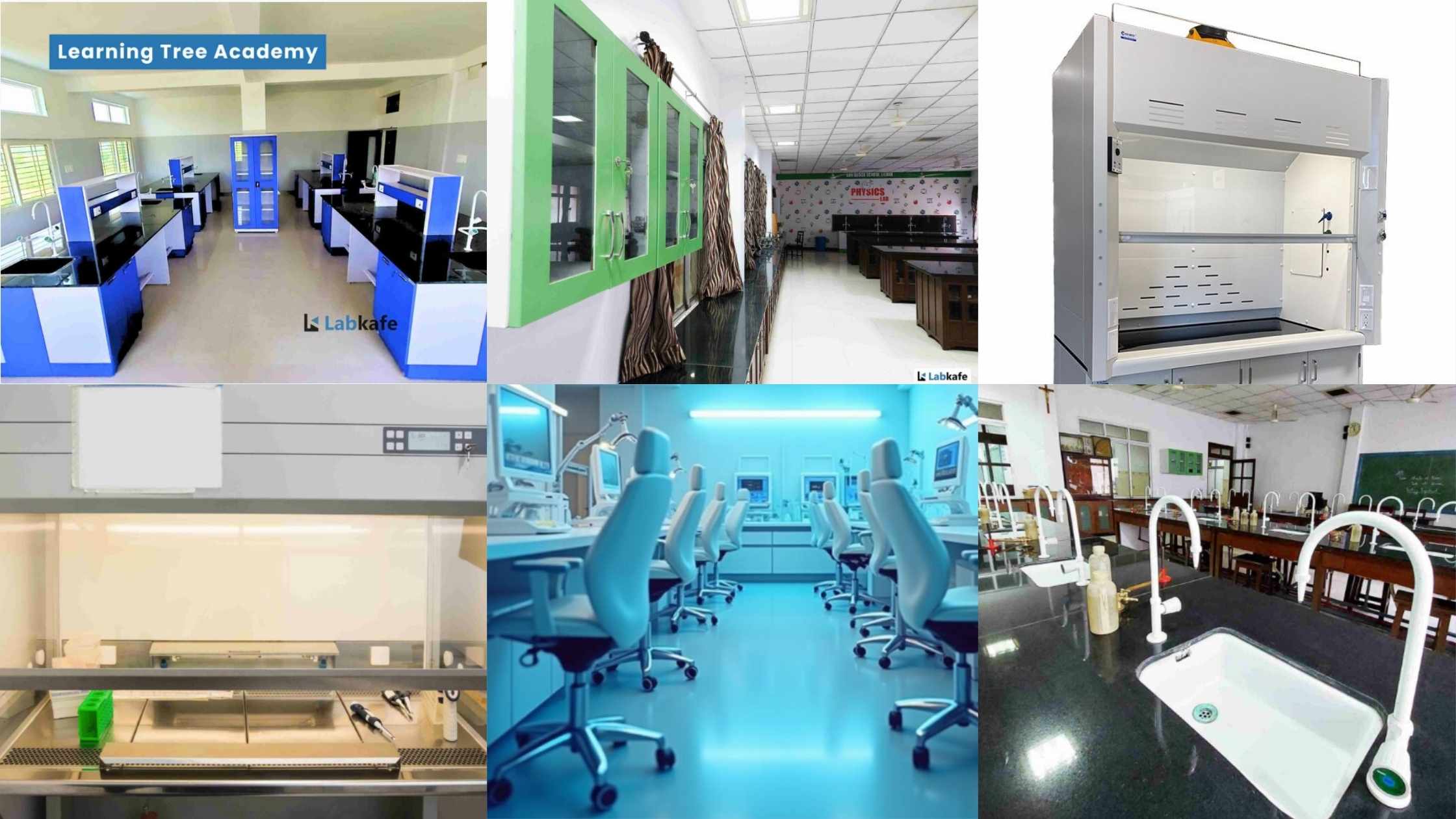
6 Essential Lab Furniture Items You Need
No matter the kind of lab you plan on setting up or running, you will need lab furniture. Where will you store your test tubes, run PCRs or mix solutions and sit and analyze the data that you get? The answer is quality lab furniture. It helps you store beakers and reagents in cabinets, titrate…
-
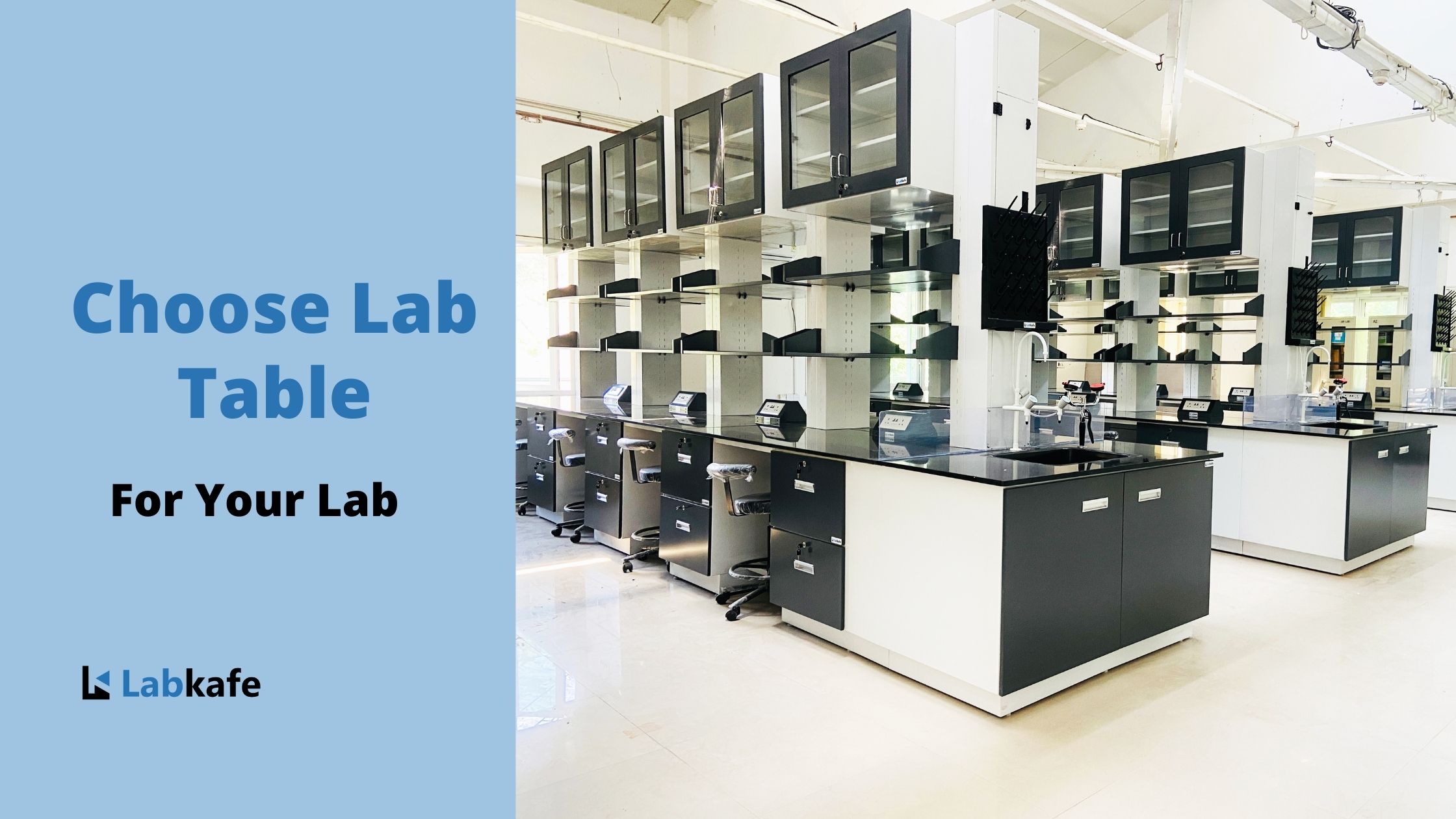
Choose the Perfect Lab Table for Your Lab
Scared of acid spills and pen scratches on your lab table? Once damaged, repairs can be costly. But don’t worry. The right choice of lab table can withstand these damages. Each problem has separate lab table requirements. Read along to know which combination will work for you. What is a Lab Table? A lab table…
-
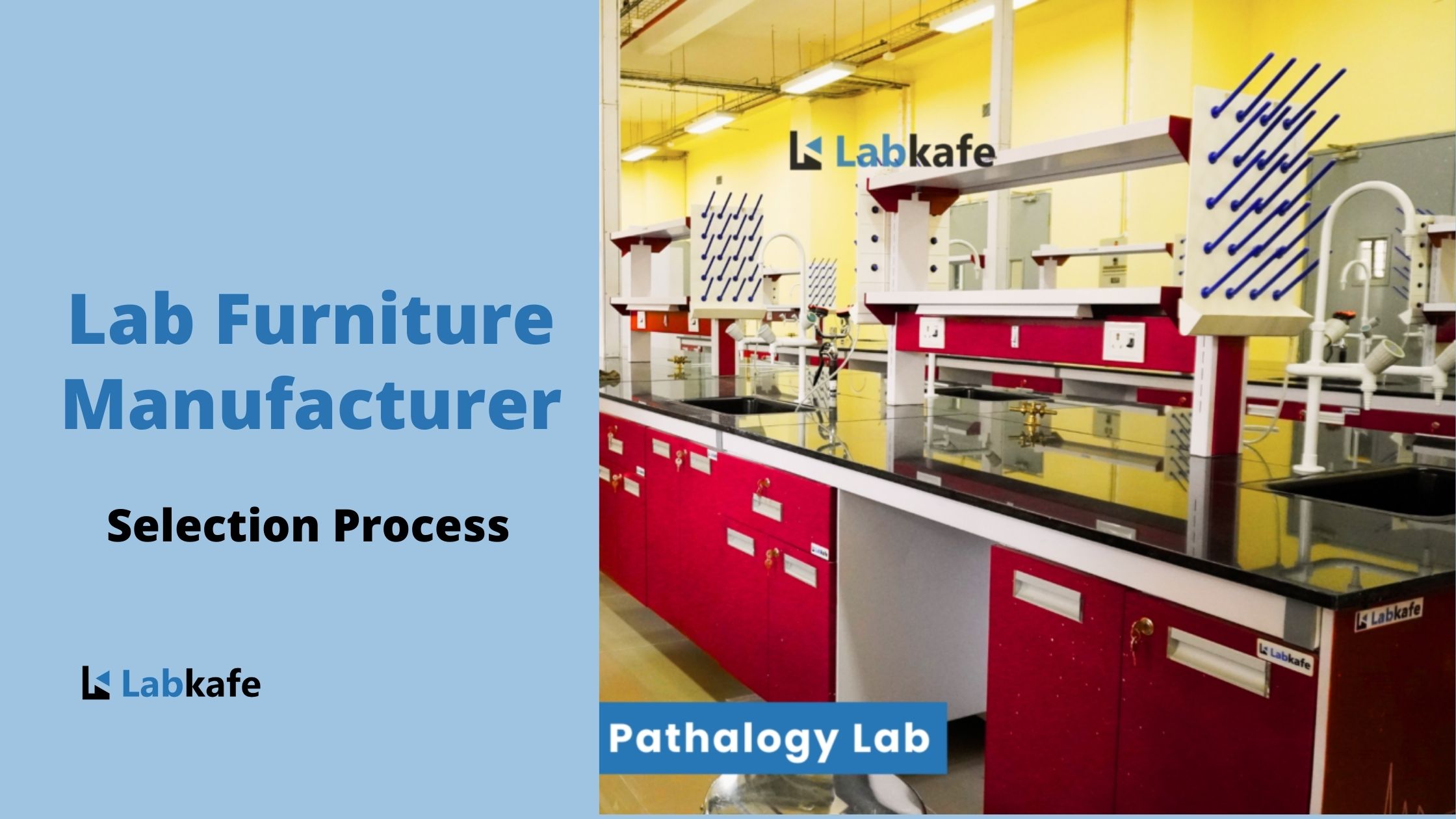
Finding Your Lab Furniture Manufacturer: Mistakes You Can’t Afford
Want to set up your lab furniture, but don’t know where to start? Don’t hurry. Learn the crucial steps first. This is the most comprehensive and concise guide to selecting your lab furniture manufacturer. This is the only guide you will need before setting up your own laboratory furniture. How to Identify Furniture Manufacturers? Identify…
-
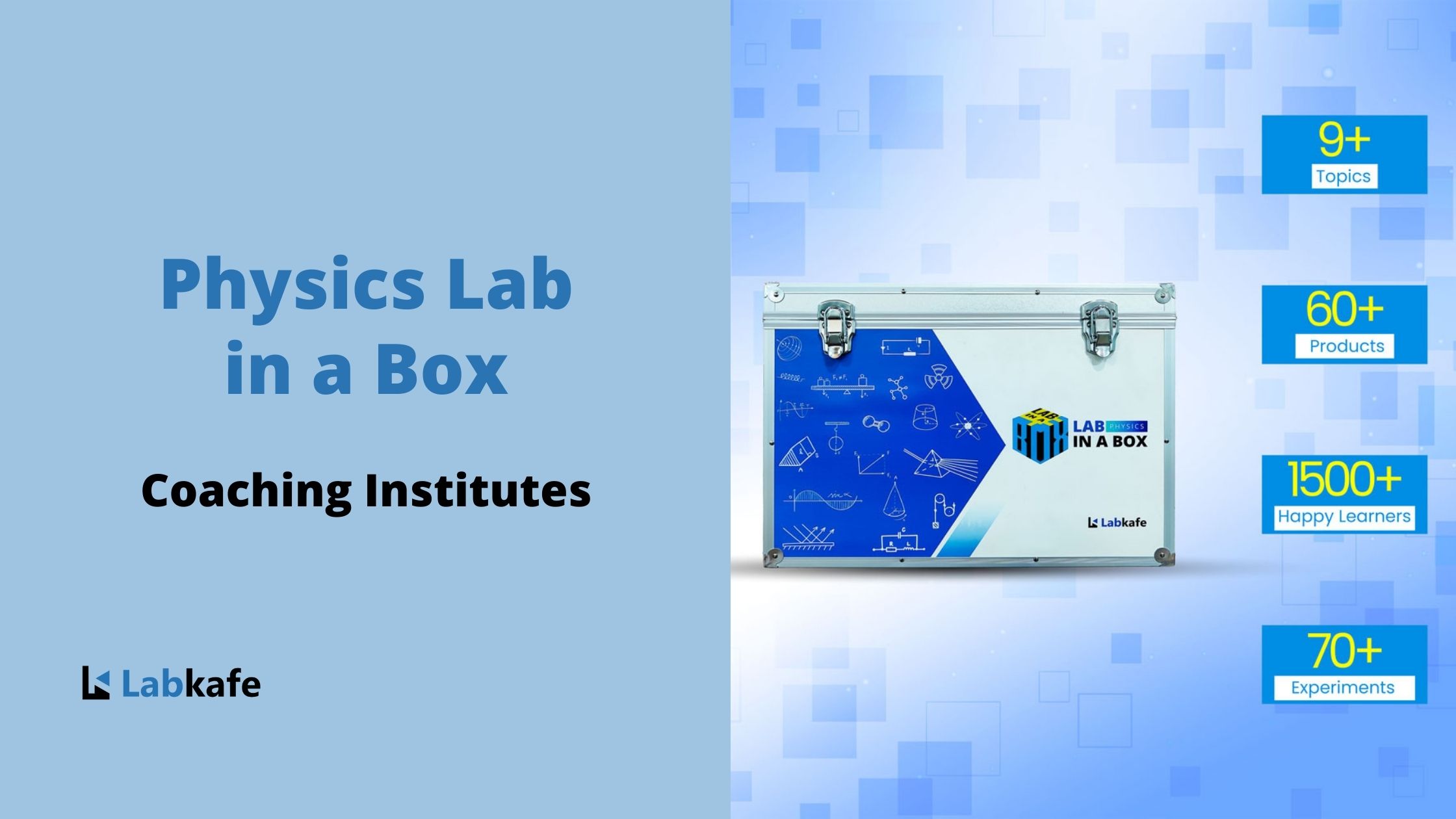
Physics Lab in a Box for Coaching Centers in India
In coaching institutes for classes 6 to 10 in India, hands-on learning is essential for enhancing students’ understanding of physics concepts and improving practical skills. The Physics Lab in a Box for coaching centers comes in handy for institutes teaching physics to students of classes 6 to 10 in India. It is tailored to the…
-
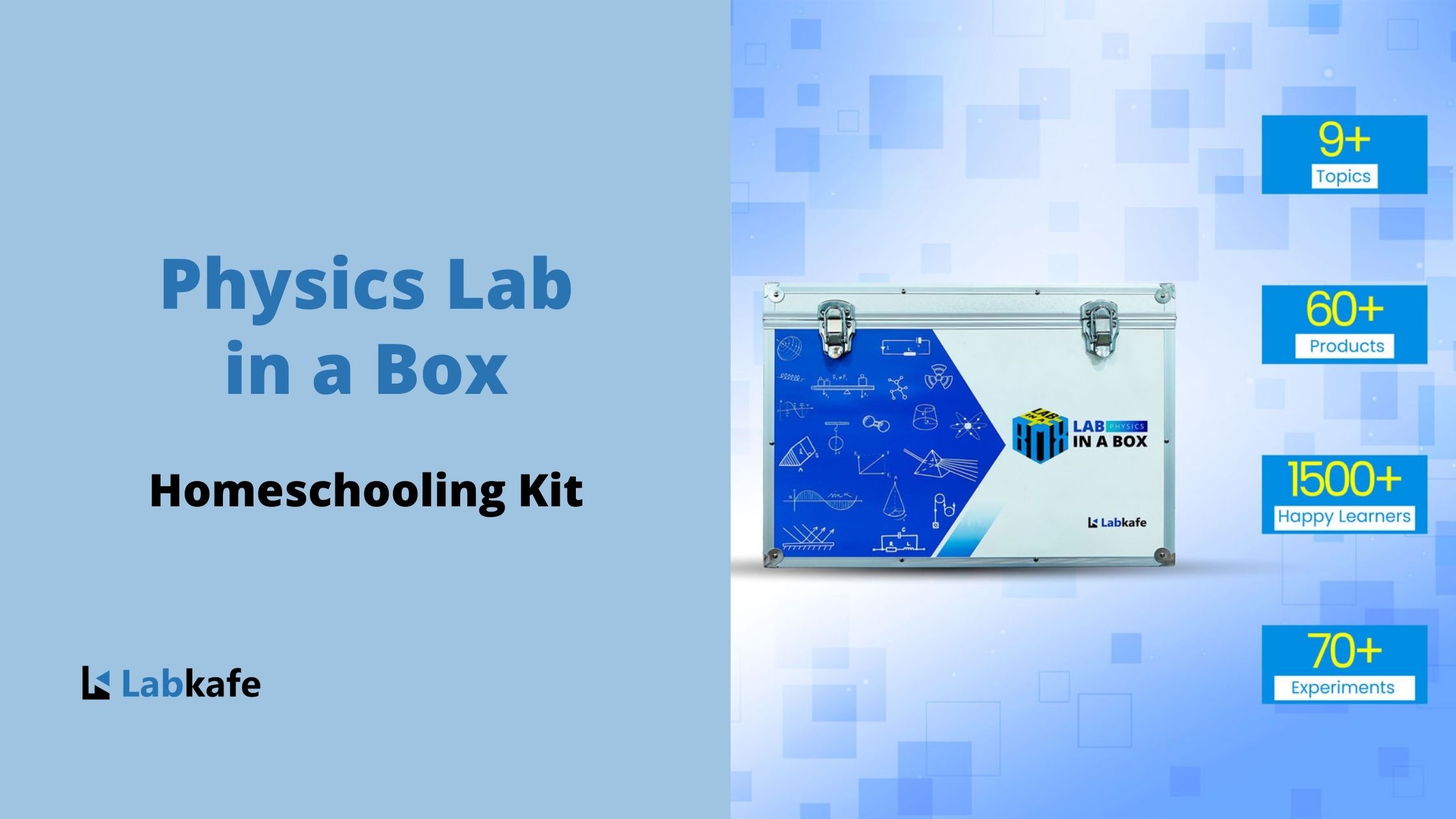
Hands-On Homeschooling Resource: The Physics Lab in a Box
Homeschooling students from grades 6 to 10 need hands-on education to explore, research, and develop problem-solving skills while increasing their curiosity. However, homeschooled students often get little opportunity for practical learning, limiting their ability to perform well in Ivy League admissions or competitive exams. Early hands-on exposure to learning from class 6 onward equips students…
-
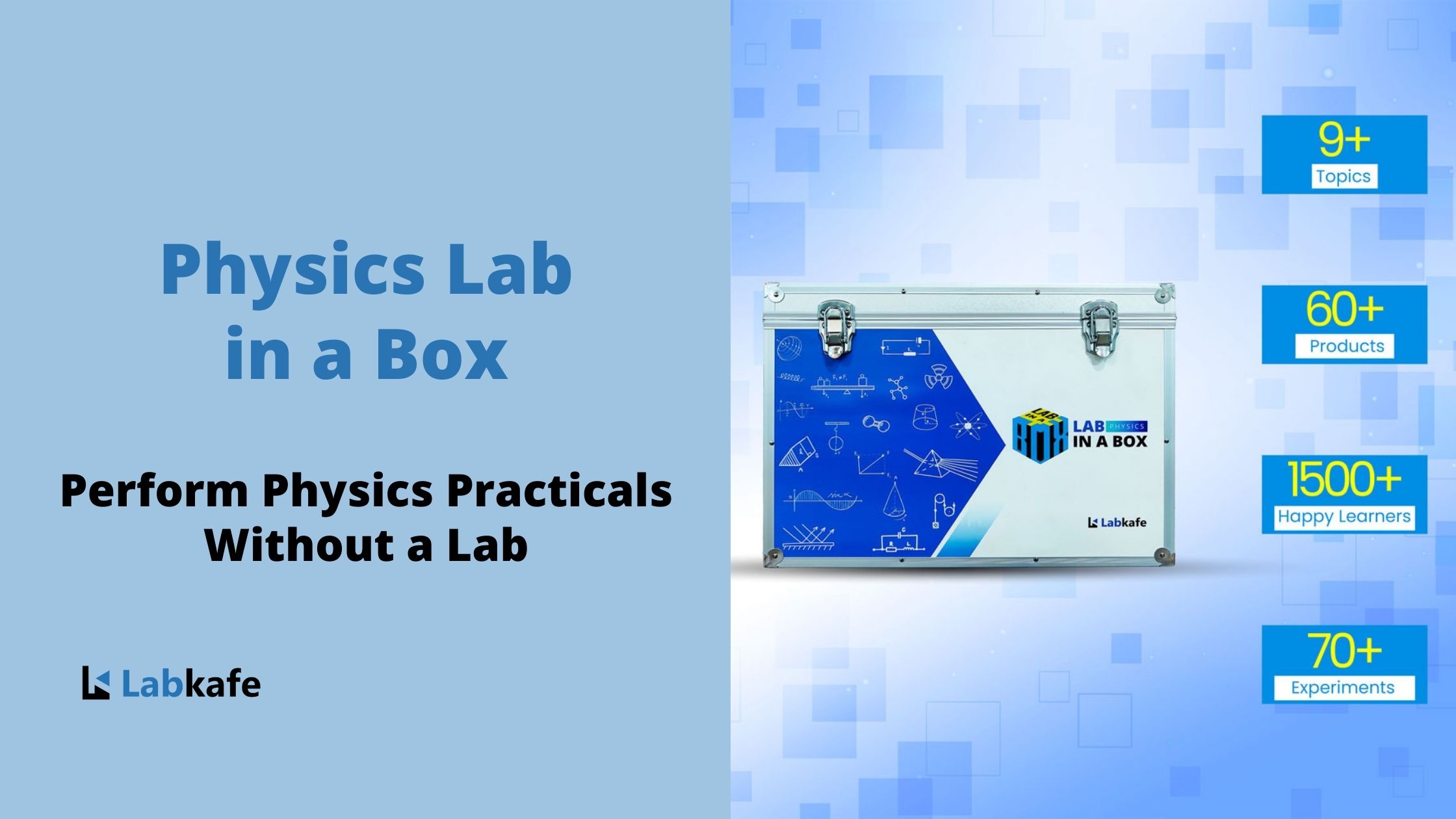
Physics Lab in a Box: Demonstrate School Physics Practical Without a Lab
Do Indian Schools have Sufficient Physics Labs? The short answer is NO, Indian schools do not have sufficient physics labs to cater to the current student population. We will examine contemporary examples and evidence to understand how the lack of physics and science labs is hindering the growth of Indian education. Meanwhile, the Physics Lab…
-
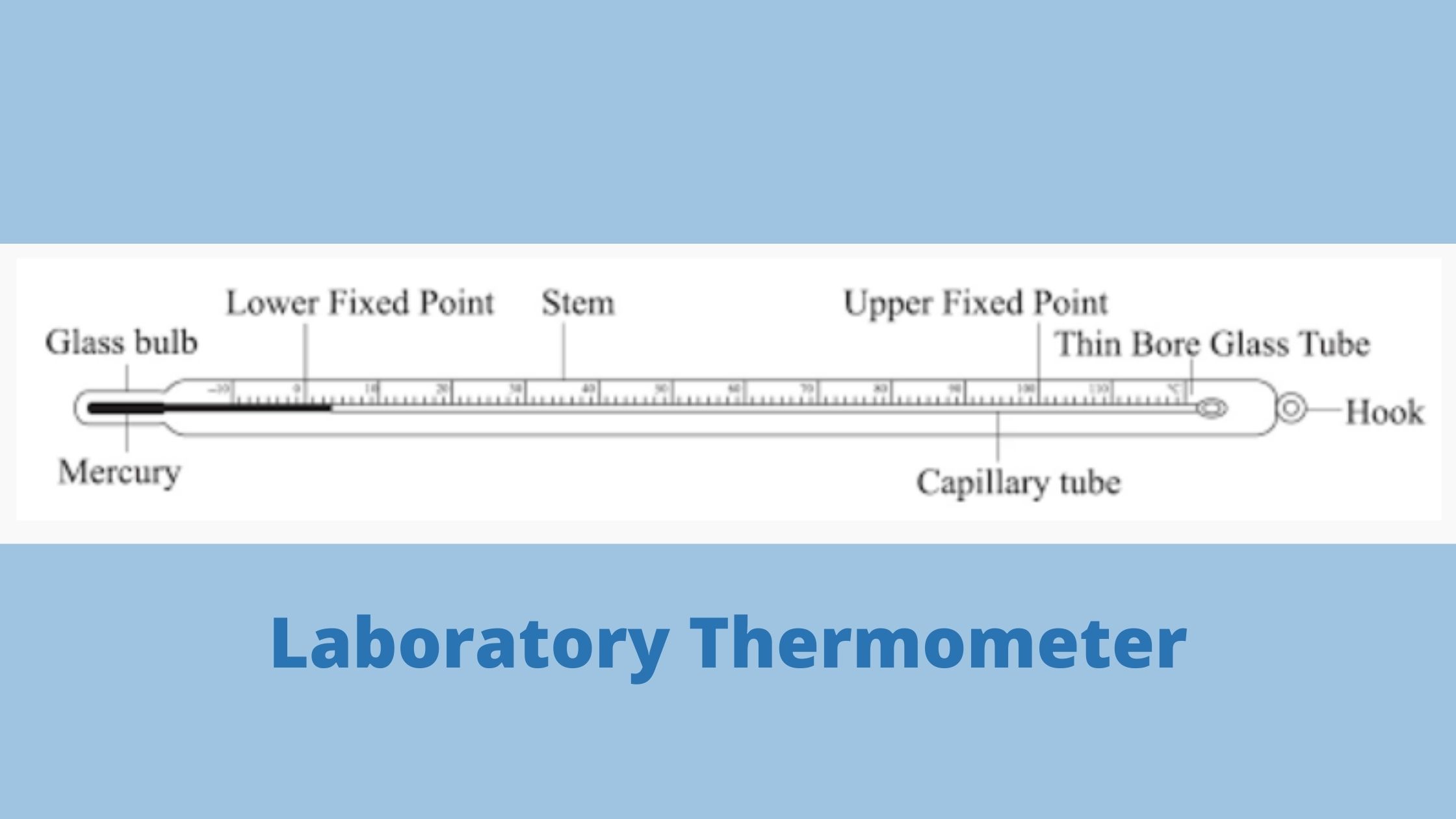
Laboratory Thermometer: Diagram, Range, and Functions Explained
Confused how to draw lab thermometers or why we need them? Read along for detailed diagrams and explanation of uses, range, functions and working of lab thermometer. PS: After reading this, you won’t get confused between a lab and clinical thermometer ever. Laboratory Thermometer Diagram Definition of Laboratory Thermometer Laboratory thermometers measure the temperature of…
-
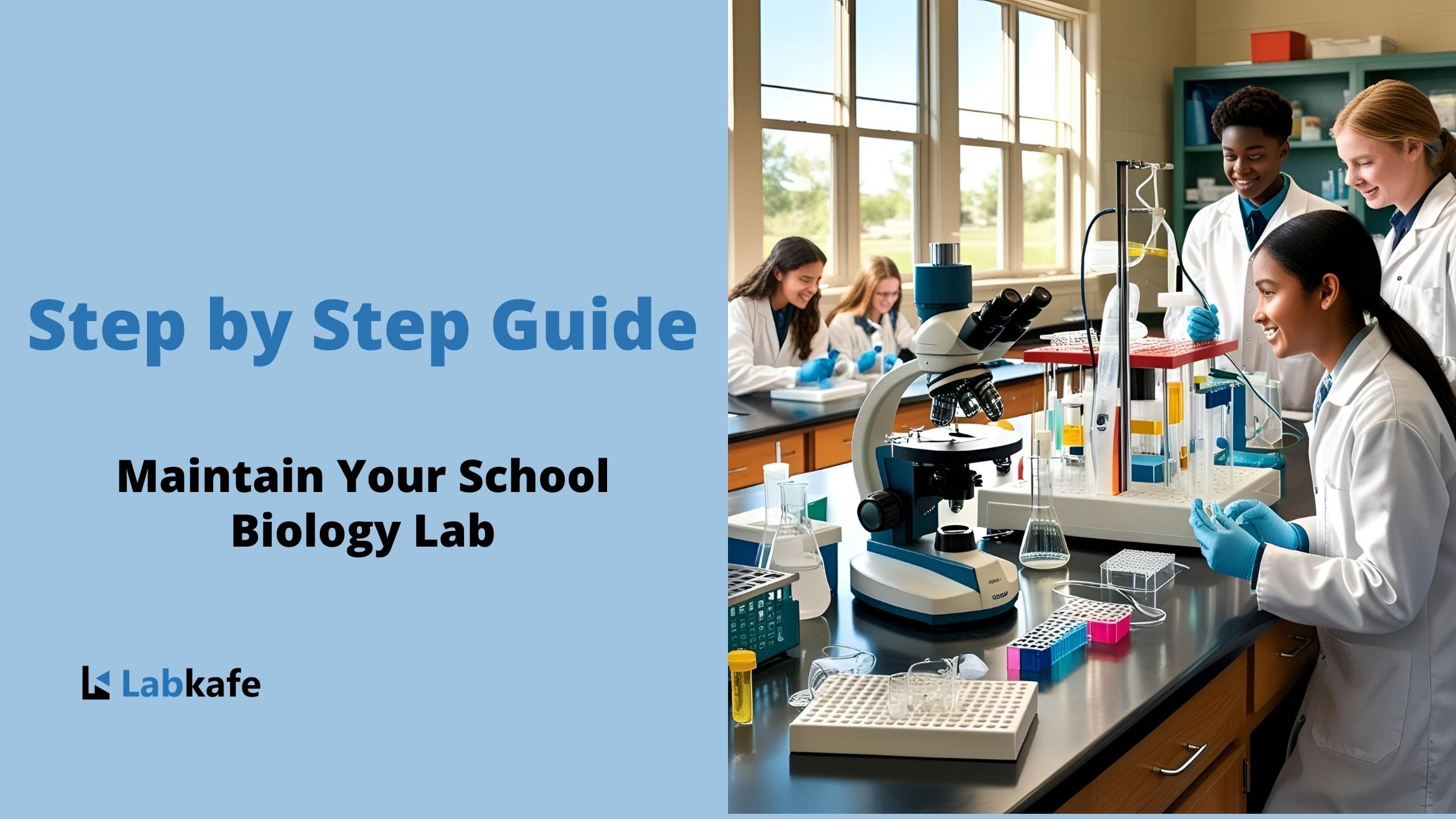
Maintain School Biology Lab: Essential Tips & Best Practices
Learn how to maintain your school biology lab effectively. Discover essential tips for safety, organization, and optimal learning environments. Why is it Difficult to Maintain the School Biology Lab? Biology labs need specimens (live and preserved), reagents and apparatus that are used for various experiments. It is often challenging to run a lab smoothly. If…